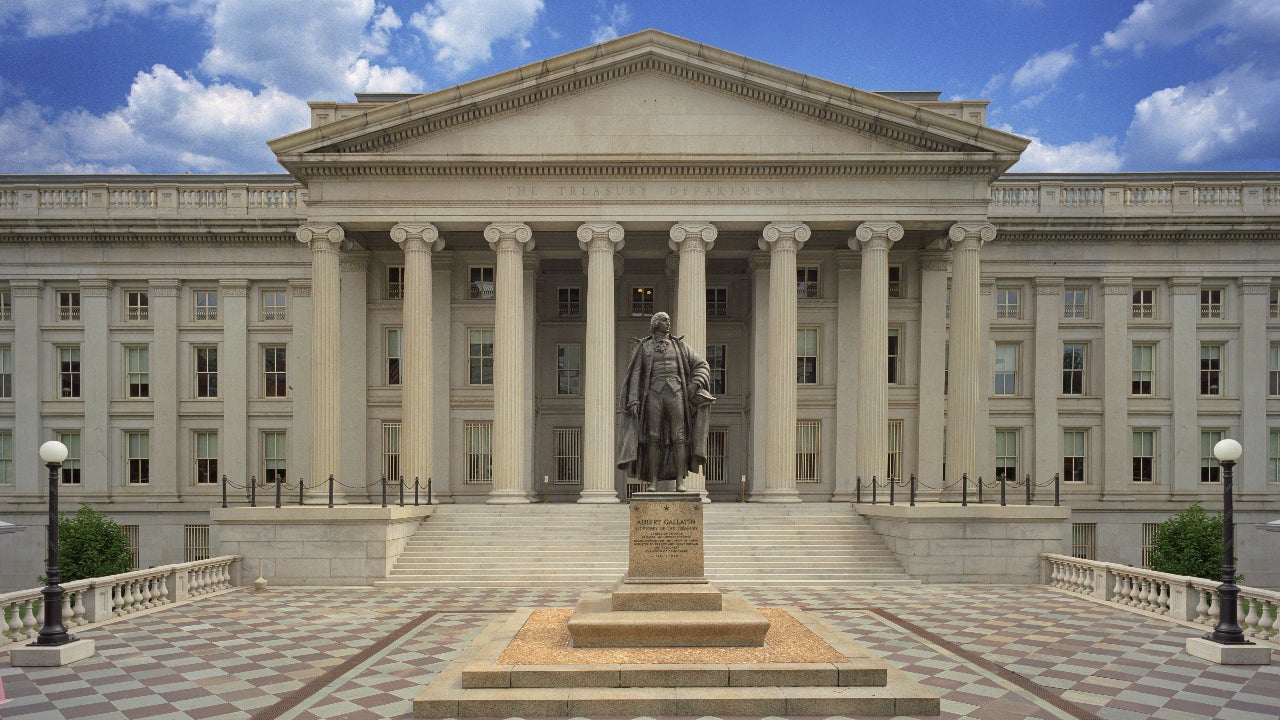Home>Finance>What Is A Federal Agency? Definition, Purposes, Bond Issues


Finance
What Is A Federal Agency? Definition, Purposes, Bond Issues
Published: November 22, 2023
Discover what a federal agency is and its role in finance. Learn about the definition, purposes, and bond issues associated with federal agencies.
(Many of the links in this article redirect to a specific reviewed product. Your purchase of these products through affiliate links helps to generate commission for LiveWell, at no extra cost. Learn more)
What Is a Federal Agency? Definition, Purposes, Bond Issues
When it comes to the world of finance, it can be easy to get lost in the jargon and complex terminology. One term that you may have come across is “federal agency.” But what exactly is a federal agency? In this blog post, we will explore the definition of a federal agency, its purposes, and how it relates to bond issues.
Key Takeaways
- A federal agency is a government organization that operates within a specific jurisdiction.
- These agencies serve various purposes, such as regulating industries, providing essential services, and promoting economic stability.
Now, let’s dive deeper into the concept of federal agencies.
Definition
A federal agency is an organization established by the federal government to carry out specific functions within a defined jurisdiction. These agencies operate in various sectors, including finance, agriculture, defense, healthcare, and more. They play a crucial role in implementing laws enacted by Congress and ensuring that government policies are effectively executed.
Federal agencies are responsible for managing specific sectors, enforcing regulations, providing public services, and promoting the general welfare of the nation. Some well-known examples of federal agencies include the Internal Revenue Service (IRS), Environmental Protection Agency (EPA), Food and Drug Administration (FDA), and Federal Reserve System (Fed).
Purposes and Responsibilities
Federal agencies serve a wide range of purposes, all aimed at maintaining the efficient functioning of various sectors and protecting the rights and interests of citizens. Some common purposes of federal agencies include:
- Regulation: Federal agencies enact and enforce regulations to ensure the fair and lawful operation of industries and protect consumers from fraudulent practices.
- Service Provision: Many federal agencies provide essential services to the public, such as healthcare, social security, education, transportation, and disaster relief.
- Economic Stability: Certain agencies like the Federal Reserve System are responsible for maintaining economic stability by implementing monetary policies, regulating banks, and supervising financial institutions.
- National Security: Federal agencies like the Department of Defense and Central Intelligence Agency play a vital role in safeguarding the country’s security and combating threats.
- Research and Development: Some agencies focus on scientific research and technological advancements, promoting innovation and improving the quality of life for citizens.
Bond Issues
One important aspect of federal agencies is their ability to issue bonds to finance various projects and operations. These bonds, known as agency bonds, are debt instruments backed by the issuing agency and considered relatively safe investments.
When federal agencies issue bonds, it allows them to raise capital without relying solely on government funding. These funds can then be used for infrastructure development, research initiatives, or other projects aligned with the agency’s objectives.
Investing in agency bonds can be an attractive option for individuals seeking a stable and predictable income, as these bonds often offer regular interest payments and a lower level of risk compared to other investments.
In Conclusion
Federal agencies are vital components of the U.S. government, serving various functions and contributing to the overall well-being of the nation. By understanding the definition, purposes, and role of federal agencies, you can gain a better insight into the complexities of the financial world.
So the next time you hear about a federal agency, you’ll have a clearer understanding of how it operates and the significance it holds in shaping our society.














